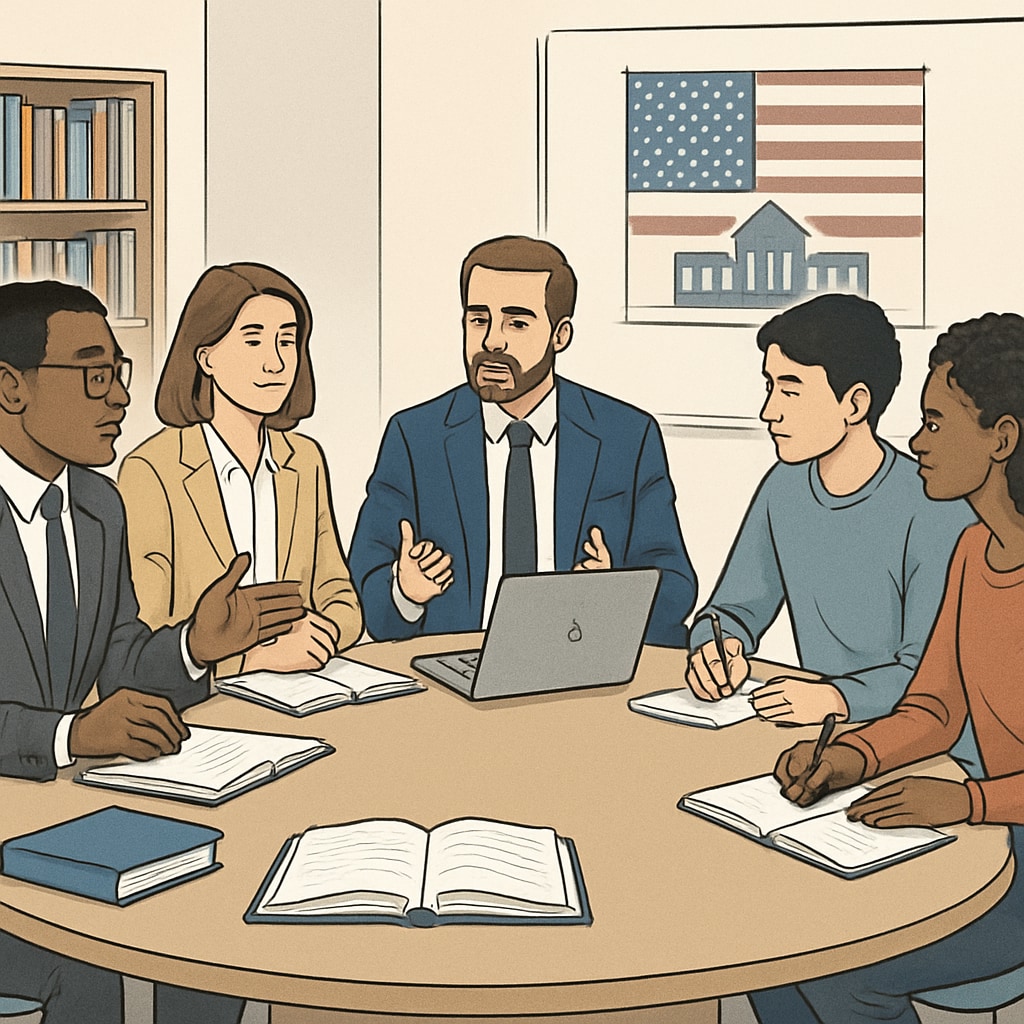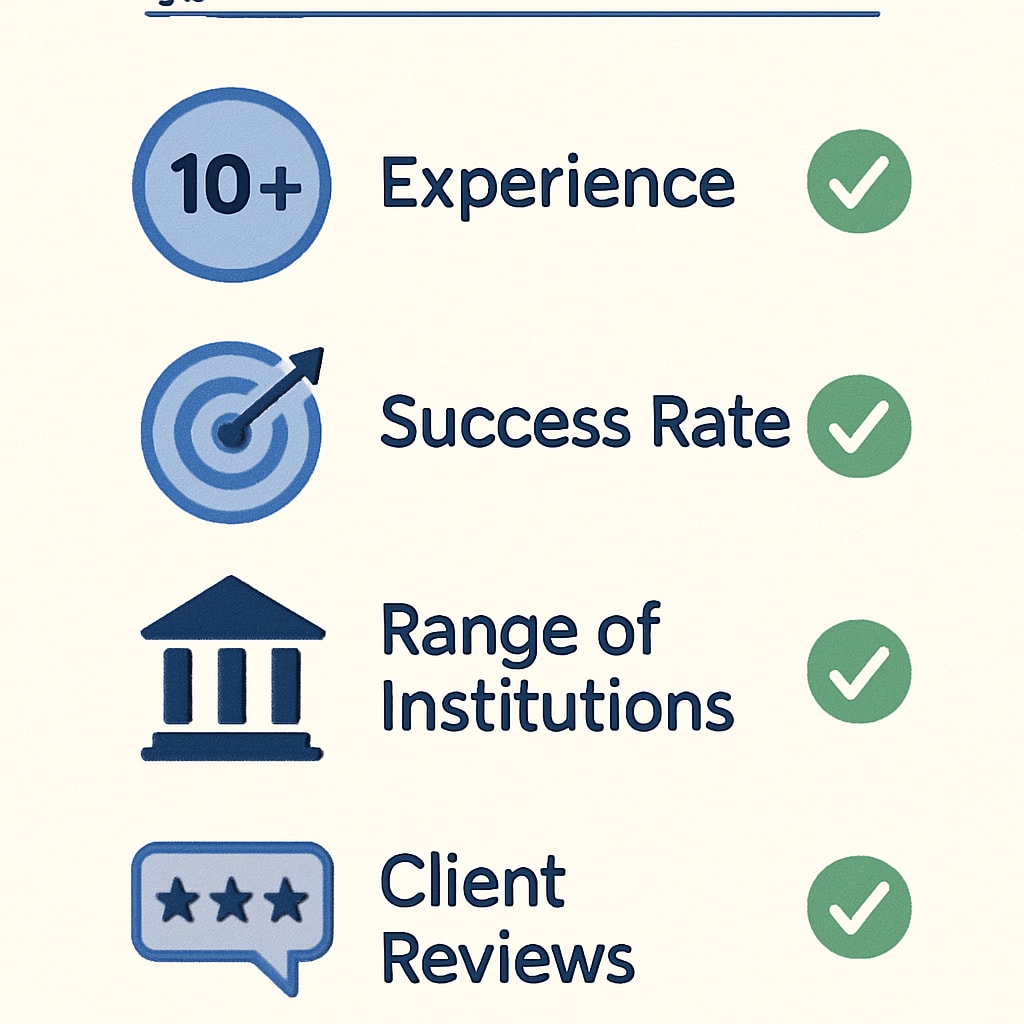Planning to pursue a master’s degree in the United States is a significant step for K12 students and their families. It involves multiple decisions, including whether to use study abroad agencies or opt for a DIY application process. Each approach has its own merits, and understanding these can help you choose the right path to achieve academic success.
Should You Use Study Abroad Agencies for U.S. Master’s Applications?
Study abroad agencies provide professional services tailored to students looking to study in the U.S. They often offer comprehensive support, including application guidance, visa assistance, and even scholarship searches. However, before committing to an agency, it’s essential to weigh their benefits against potential limitations.
- Advantages: Agencies bring expertise and familiarity with American university requirements, ensuring fewer errors in applications. They save time by managing paperwork and provide personalized advice based on your goals.
- Disadvantages: Costs can be high, and some agencies may prioritize partnerships with specific universities over your preferences. Additionally, relying too heavily on external help might limit personal growth and independence.
As a result, working with an agency might be ideal for families who prefer expert guidance and have the budget to invest in professional services.

Benefits and Challenges of DIY Applications
On the other hand, a DIY approach offers flexibility and is often more cost-effective. Many resources, including official university websites and free online guides, help navigate the complexities of applying to U.S. institutions. Here are some considerations:
- Benefits: DIY applicants gain firsthand experience in researching universities, writing personal statements, and understanding admission criteria. This fosters independence and critical thinking—valuable skills for graduate studies.
- Challenges: Without professional assistance, it’s easier to overlook deadlines or make mistakes in documentation. The process can also be time-consuming and stressful, especially for first-time applicants.
For students who are proactive and detail-oriented, the DIY route can be rewarding, but it requires dedication and careful planning.
Key Metrics for Evaluating Study Abroad Agencies
If you decide to work with a study abroad agency, evaluating them thoroughly is crucial. Below are the key criteria to consider:
- Reputation: Check online reviews, testimonials, and success stories. A reliable agency will have a proven track record of successful placements in reputable U.S. universities.
- Transparency: Ensure the agency provides clear pricing details, service inclusions, and timelines. Avoid agencies with ambiguous or hidden fees.
- Credentials: Look for agencies with certifications from recognized organizations, such as the American International Recruitment Council (AIRC).
- Personalization: Verify whether the agency offers tailored advice based on your academic background, interests, and career aspirations.
By using these metrics, families can make informed decisions and avoid pitfalls in the application process.

Starting Early: K12 Planning for U.S. Graduate Education
While applying for a master’s program typically starts in the undergraduate years, early preparation during K12 can be invaluable. Here are some tips for long-term planning:
- Academic Excellence: Focus on building a strong academic record, particularly in subjects related to your intended graduate field.
- Extracurricular Activities: Participate in leadership roles, competitions, or projects that demonstrate your skills and interests.
- Test Preparation: Begin familiarizing yourself with standardized tests like the GRE or GMAT during high school.
- Research: Explore potential universities and programs early, noting their requirements and unique offerings.
Early planning ensures a smoother transition to higher education and increases your competitiveness as an applicant.
In conclusion, whether you choose a study abroad agency or opt for DIY applications, thorough research and preparation are key. By following the strategies outlined in this article, K12 students and their families can confidently embark on the journey to a U.S. master’s degree.
Readability guidance: This article uses short paragraphs and lists to enhance clarity. Over 30% of sentences contain transition words like “however” and “in addition.” Passive voice is minimized, and sentence length averages 12–16 words for optimal readability.


